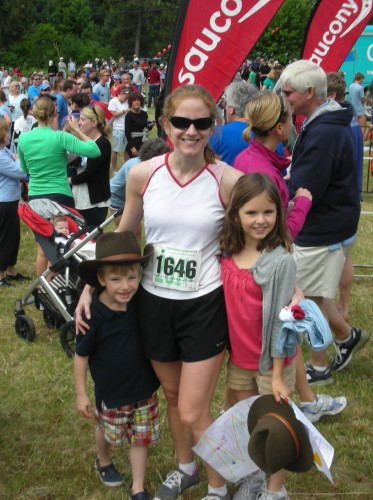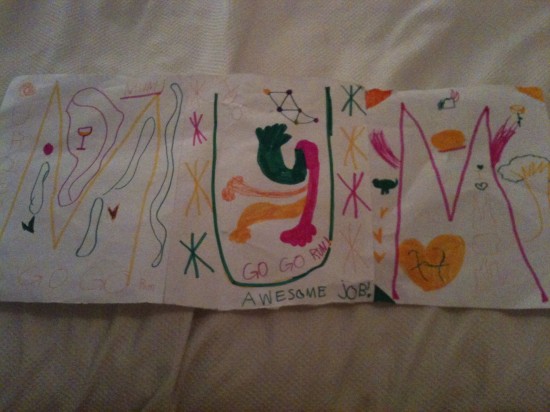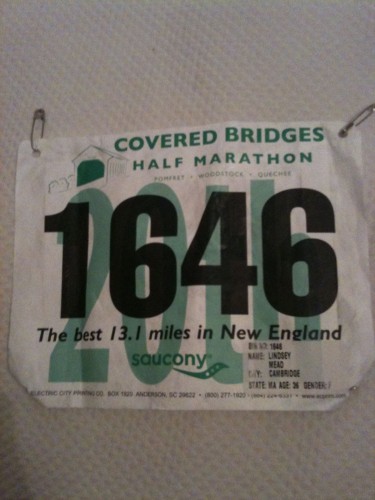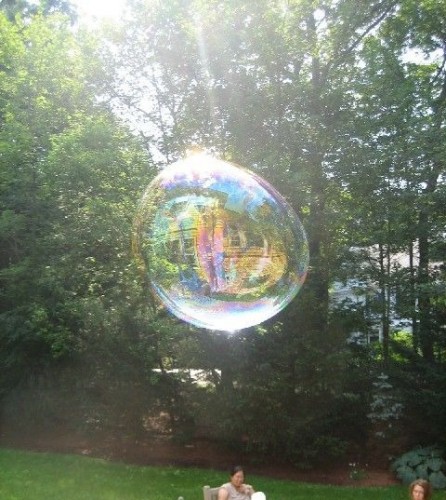One of my favorite of Lisa Belkin’s blog posts is about how we all airbrush our stories of parenting. She talks about the ugly truths that we keep hidden, either about ourselves as parents or about our doubts about our children. I still think about it, even all of these months later.
When I read this I nod, but, probably more importantly, I think: this is just not me … I particularly loved the last line of her NYT magazine piece: “You often learn who you are by realizing who you are not. ”
I am consistently more honest and consequently more bleak about my children than most parents. (“More honest than the average HBS student,” a business school professor commented of me a few years ago). I am instinctively open about my childrens’ flaws and weaknesses, about their speech therapy and their lice, their brattiness and their defiance. I am also quick to acknowledge my own failures as a parent, my short fuse, my distraction, my inability to sit and just be, my frustration and impatience with many of motherhood’s quotidian tasks. I simply feel no deep urge to protect myself – or them – by smudging with vaseline the lens through which I see parenting. But why, and is this a bad thing?
When there is an altercation on the soccer field or at the bowling alley, my automatic reaction is to assume that somehow Grace or Whit is at fault. When they reveal that a teacher was unhappy with them about something I instinctively take the side of the teacher. What does it mean that I often, basically, assume the worst of them? I don’t know. I do know I don’t believe anything is gained by inaccurately representing myself as a mother; so many do this, and I think it creates feelings of inadequacy in others and immense pressure in the self. I also know I don’t believe in protecting them artificially from the way the world works, both formally (rules) and informally (opinions and judgment).
There are other places I feel asynchronous with many of my peer parents. I’ve written before of my fierce dedication to not overscheduling my kids, and frankly I feel more, not less, guilt and conflict about this as they get older. I’ve also expressed that some of my proudest parenting moments are when my children demonstrate independence and courage. One of my closest friends told me a few years ago that from her vantage point it was clear that I wanted most for my kids was that they be smart and brave. I don’t know that everybody else shares this priority: when Grace flew alone, at the age of 5, I was shocked by how many other mothers actively judged me.
I try very hard not to compare, to feel confident in my parenting, not to allow the winds of judgment and criticism that blow so freely around these parts to buffet me too much. But some days I can’t stop thinking about all the ways I feel different, and most of all about my predilection to share the ugly, the messy, the imperfect. I may have some sense of what I am not, as a mother, but what does that mean I am?
(part of this was originally posted in 2008; it’s clearly still on my mind)

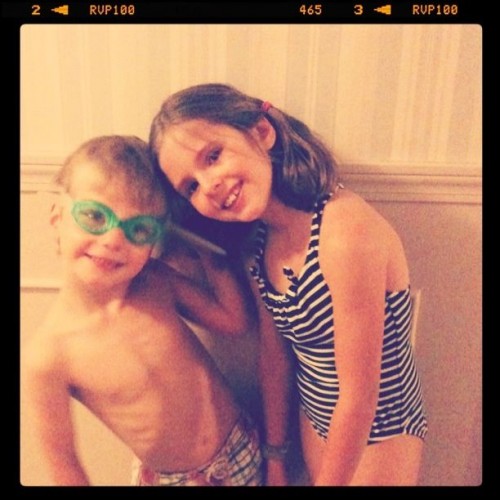
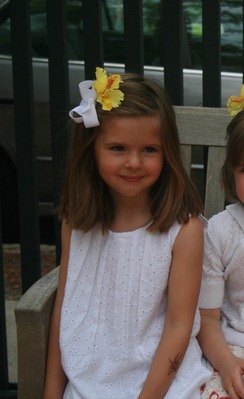 Beginners, June 2008
Beginners, June 2008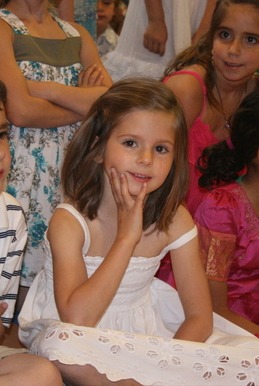
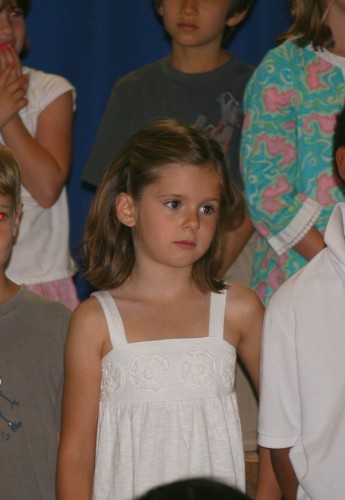 First Grade, June 2010
First Grade, June 2010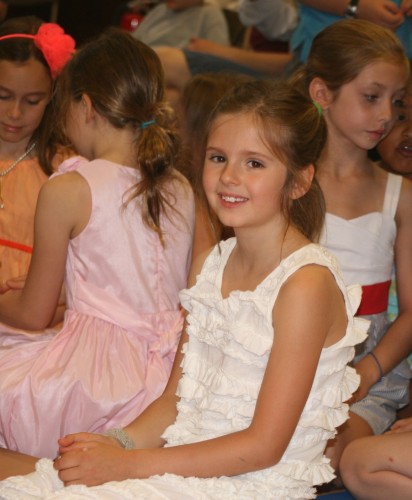 Second Grace, June 2011
Second Grace, June 2011